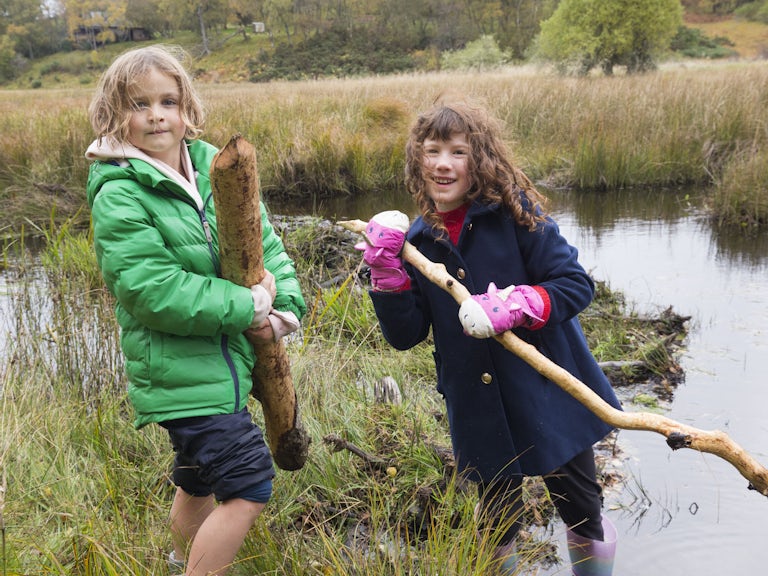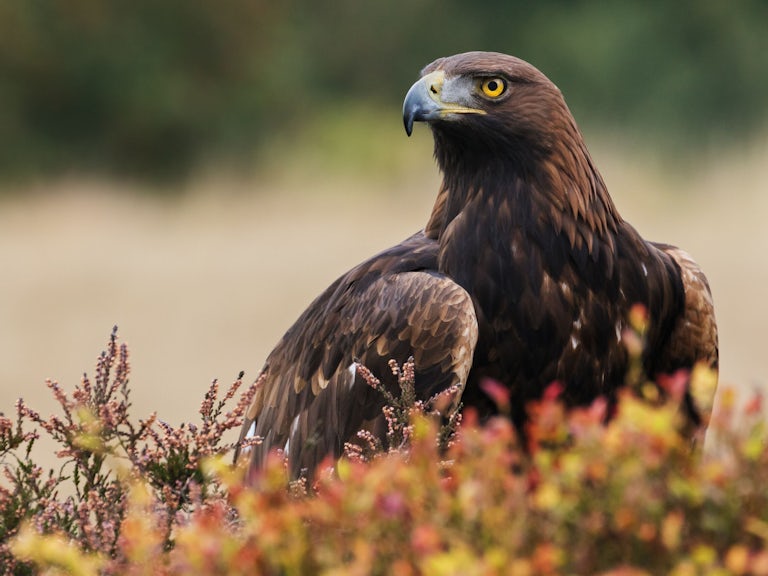Call for Scotland to be a Rewilding Nation
In February 2021 we supported the call for Scotland to declare itself the world’s first #RewildingNation. Here’s what happened on the day it all went live.
Published 05/03/2021
Last month, through our membership of the Scottish Rewilding Alliance, we joined the call for Scotland to be declared a rewilding nation. It was a call that reverberated far and wide.
More than 2,500 tuned into the livestream event on YouTube on 17th February. They came from all corners of Scotland, from Aberdeenshire, Wester Ross and Skye to Greenock, Edinburgh and Kirkcudbright. People tuned in from the Tees Valley and Yorkshire to Wales, Cornwall, Hastings and London. And there were hellos and comments from overseas including Ireland, Sweden, Ecuador, Spain, Portugal, Romania, El Salvador, Helsinki, Los Angeles and Seattle.
“Can Oxfordshire join Scotland?”
comment from live event
‘Can Oxfordshire join Scotland?’ asked one attendee, summing up the enthusiasm and feeling of solidarity for the call to rewild Scotland. Another from Cardiff said: ‘Hopefully these types of discussions will help to accelerate rewilding outside of Scotland as well.’
Following an introduction from Alliance convener Steve Micklewright from Trees for Life, Peter Cairns, director of SCOTLAND: The Big Picture, kicked off a visual session with a presentation about the state of nature in Scotland today and how we might start to restore and rewild. Today, only 4% of Scotland is native woodland and 25% is severely nature-depleted and unable to support the natural forests, peatlands and river systems that it otherwise could.
The screening of a new animation followed (view it below), narrated by TV presenter and wildlife cameraman, Gordon Buchanan. ‘Quite simply, and without doubt, the best film I’ve ever watched,’ enthused one viewer on the night. People were later encouraged to send the film to their MSP in Scotland to call for rewilding action.
A panel discussion then took place with Peter, Gordon, Nick Underdown from Open Seas, Tom Bowser from Argaty Red Kites and Rebecca Wrigley, our chief executive at Rewilding Britain.
View the animation

What is a rewilding nation?
The call for Scotland to be a rewilding nation is asking the Scottish Government to commit to working with nature and finding natural solutions to our problems. That might be allowing beavers to be relocated to other areas instead of shot or supporting the return of the lynx. It focuses on three key asks:
- To have 30% of Scotland rewilding in 10 years: by increasing the amount of peatland being restored, allowing natural woodlands to regenerate, rewilding rivers and designating genuine no-take zones in our seas.
- To make rewilding a third pillar of Scotland’s economic strategy, alongside increasing competitiveness and tackling inequality
- To rewild our communities from streets to parks and gardens to road verges so we can all reconnect with nature
It’s supported by a Survation poll finding that 76% of people in Scotland support rewilding with only 7% opposed.
The Scottish Government responded to the call just before the live event to say it’s already rewilding, stating that 37% of Scottish seas are now marine protected areas and the government has voluntarily committed to protect 30% of Scottish land by 2030.
Rebecca welcomed the actions that are already being taken but pointed out that much more needs to be done, and urgently.
“Protecting areas without their recovery and restoration isn’t enough,” she said. “Globally, natural climate solutions can make a 30% contribution to climate mitigation but gets only 3% of the funding. We need regulations, the enforcement of these regulations and funding to make them happen.”
“At the turn of the 20th century we were sweeping 50% of the North Sea. At the turn of the 21st century, 20 years ago, that had increased to a massive 90%”
Problems at sea
Nick explained why marine protection is failing. “It’s true that 37% is covered by some form of designation but if you look at what’s going on these protected areas are not actually protecting the life in our seas,” he said.
“We have really good legislation, and there’s a duty on the Scottish Government to enhance the health of Scotland’s marine area, but we’re just not doing it very fast.
“If we do what we’re legally obliged to do, and what makes sense to do, we’d be in good shape. But as a quick example, only 5% of Scotland’s inshore waters are protected from bottom trawl fishing, which sweeps across the seabeds and damages marine habitats. That’s not what people expect from protected areas.”
He later pointed out that at the turn of the 20th century we were sweeping 50% of the North Sea. At the turn of the 21st century, 20 years ago, that had increased to a massive 90%. In addition, the decline of Scotland’s wild salmon and the environmental problems of farming salmon are urgent problems to be addressed.
Rewilding the land
Answering the question of whether the whole of the Cairngorms National Park should be rewilded, Gordon acknowledged that large areas of the park are “almost devoid of life” but he believes, “there’s an opportunity, or should be an opportunity, to make it the jewel in the crown of Scotland’s wild places…to create a truly wild ecosystem that could lead the way and show what can be done, what can be restored.”
He added: “So many people in the UK will sign petitions and cry out about the loss of habitats around the world but we should be as passionate about restoring what we’ve lost.”
On the question of reintroducing predators such as the lynx he said: “We shouldn’t forget that this is about restoring the balance in nature, restoring these natural mechanisms. Predators are just one part of that…But we shouldn’t be foisting predators on people. It has to be done through dialogue and discussion and with long-term aims in sight.”
He noted that when he was growing up on Mull in the 1980s most farmers would have been opposed to bringing back sea eagles. Now you’d struggle to find a farmer who doesn’t think it’s been a good thing for them and their communities.
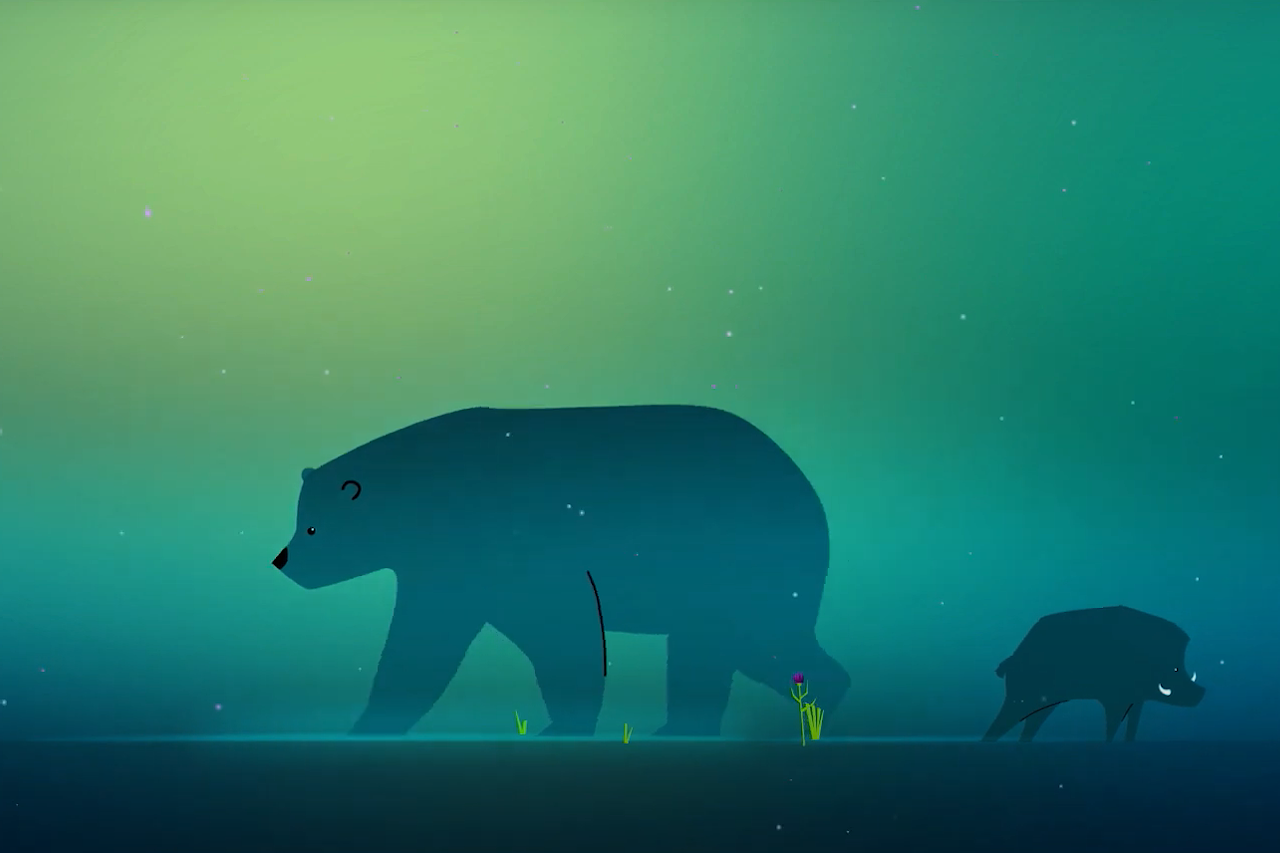
Building trust and ambition
Pete suggested that, “we would recoil in horror if we thought India was going to eradicate its tigers or Africa its lions yet here we are in Britain being one of the only European countries refusing to live with large predators.”
Tom agreed but as a farmer he recognised there’s still work to be done to build trust with people working the land. He also urged a focus on how we make reintroductions work. “We know the why, we have to focus on the how,” he said.
He was asked if he agreed we should have wild areas close to cities where most people live. “Yes, I agree. I think the last year has shown that people really need wild places. There are lots of good examples of urban rewilding when you look around the world…
“But we also have to be realistic that although every win at the moment is a big win, and we should try to rewild as much as we can, including urban places, the big challenge for Scotland, and the big battle to be won and lost over the environment, is in the countryside… Only 17% of people live in rural areas, 80% of our land mass is farmland. To me, it’s farmland and the marine environment that we really need to improve.”
“The big challenge for Scotland, and the big battle to be won and lost over the environment, is in the countryside”
Tom Bowser
Argaty Red Kites
Support in Scottish Parliament
Gail Ross, SNP MSP for Caithness, Sutherland and Ross constituency, and deputy convenor of the Rural Affairs and Connectivity Committee, put forward a motion to the Scottish Parliament on the same day as the event titled ‘Scotland’s Potential to be a Rewilding Nation’, which asked:
That the Parliament notes the recent polling which indicates that the public, by a factor of more than 10 to one, supports the concept of rewilding, an approach to large-scale conservation which aims to reintroduce locally extinct species and restore ecosystems; believes that with community support, projects of this sort can bring benefits for climate adaptation and mitigation, biodiversity, wellbeing, and local employment, and recognises that Scotland has the potential to be a rewilding nation, where social, economic and environmental opportunities are available much more widely across the country, including in towns and cities as well as in rural and coastal communities.
At the time of writing, 20 MSPs have supported the motion. If you live in Scotland, you can urge your MSP to join them.
So what now?
Nick Underdown from Open Seas was asked the question: ‘What steps do we need to take to ensure our oceans are rewilded?’ It’s a huge, complex question that relates equally to rewilding the land and rewilding the seas.
“Bringing people on board is a first step,” he said. “We need to talk with each other. We need to get the facts out about what rewilding means, and this is why we’re here just now doing this…
“We need to share the information and the scientific knowledge that we’re gathering around this rewilding agenda so that people can make decisions within their own communities about the kind of steps they need to take as a society. I can’t overstate that. I would entreat everyone to talk to each other. Get outside of your bubble and talk and share information.”
Last word
There’s still much work to be done and at Rewilding Britain we’re looking at the obstacles and the challenges to see how we can progress rewilding. Our recent launch of the Rewilding Network is helping to connect landowners and share knowledge and experiences of rewilding. But how can we ensure that everyone has access to wild nature and abundant wildlife? That’s something we’re looking to explore in more detail.
In the meantime, we hope Scotland will serve as inspiration for the other nations of the UK to aspire to be a #RewildingNation.
Note The Scottish Rewilding Alliance is a broad and growing coalition of organisations, which includes Trees for Life, Borders Forest Trust, Open Seas, RSPB Scotland, Scotland: The Big Picture, Scottish Raptor Study group, and Mountaineering Scotland.
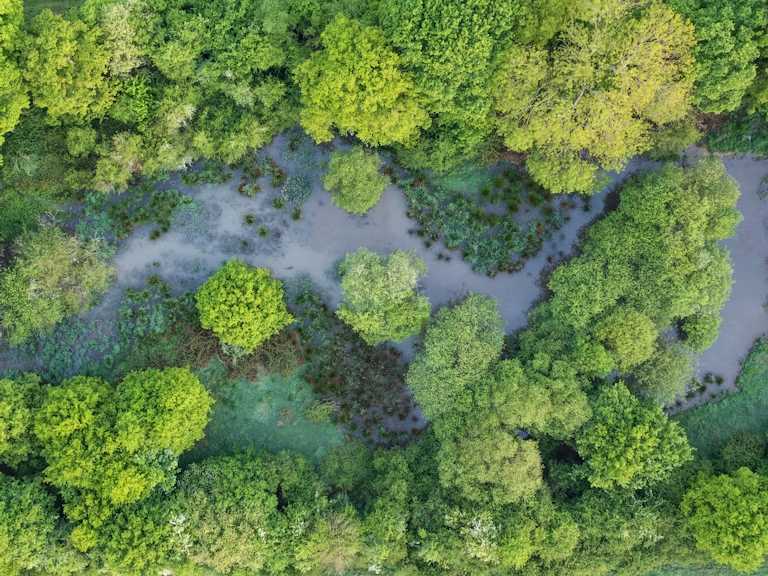
Explore our Rewilding Manifesto
We need UK Government to Think Big and Act Wild for nature, people and planet.
Learn more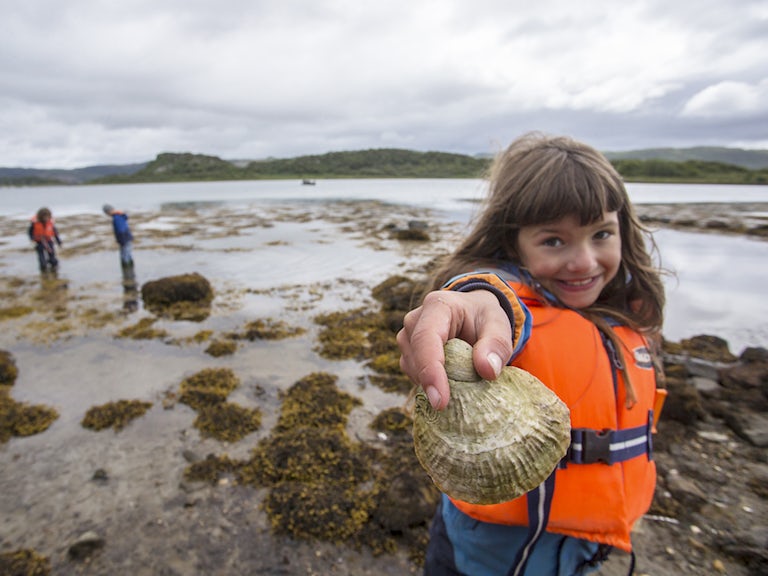
Our vision
We have big ambitions. Find out what we’ve set out to achieve through rewilding.
Our 2025-2030 strategy


